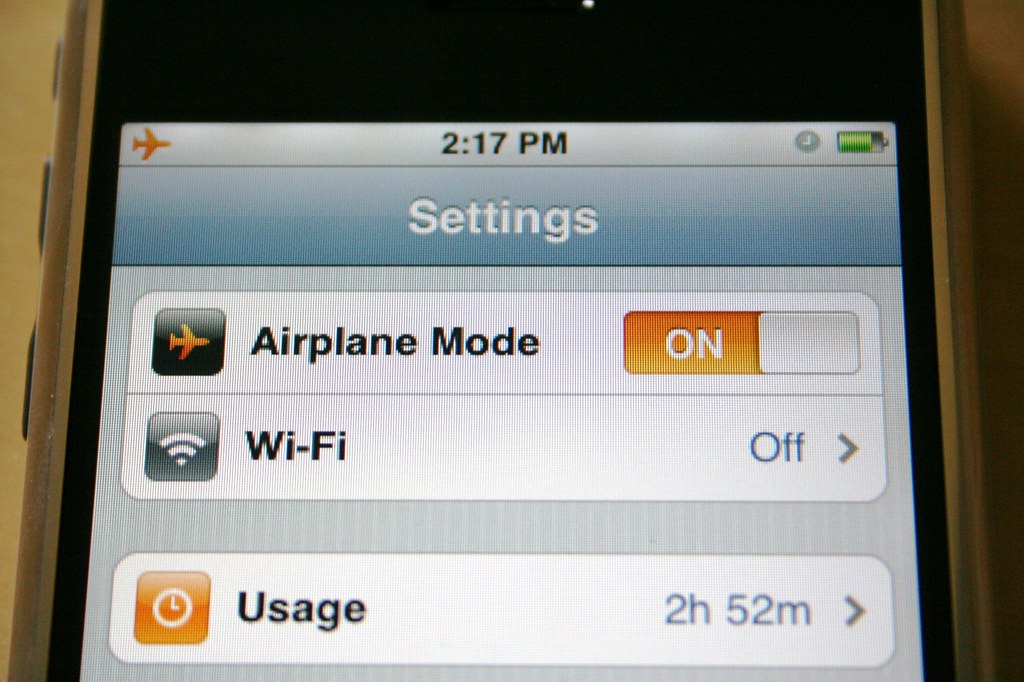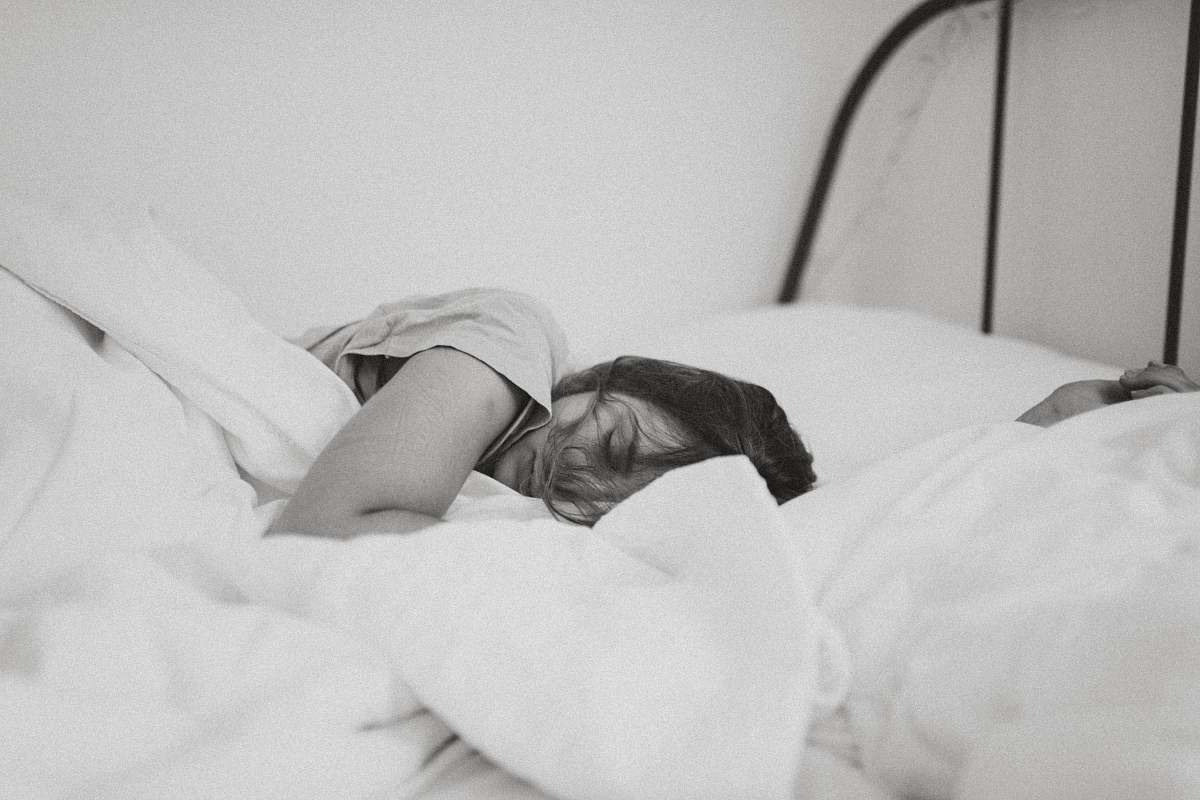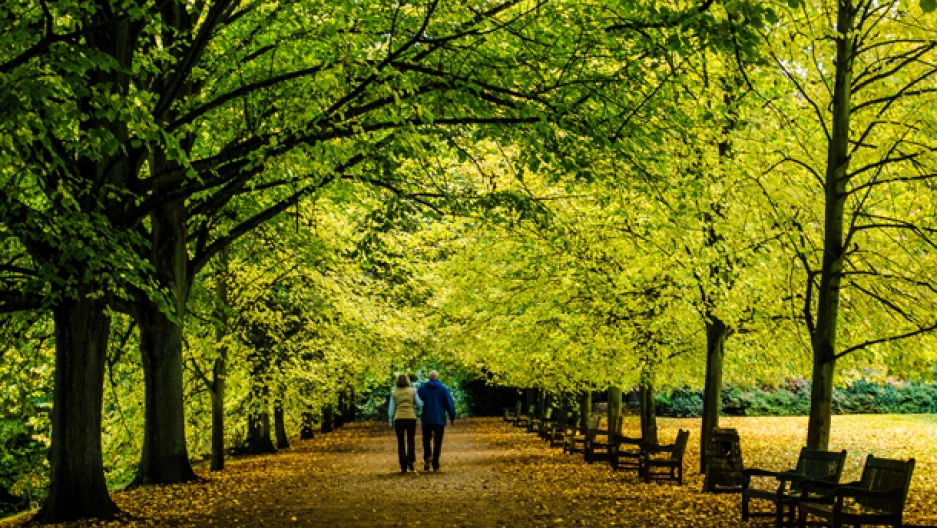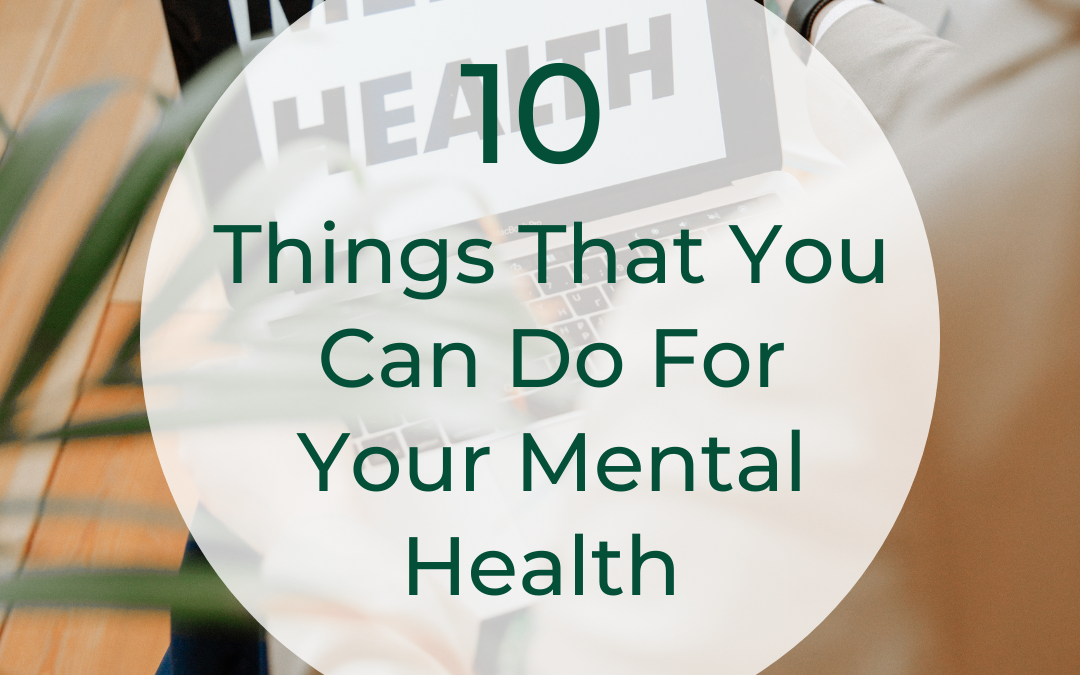July is Mental Health Awareness Month, a time that serves as a reminder about the importance of mental health. It reminds us that those living with mental health issues deserve care, understanding, compassion, and pathways to hope, healing, recovery, and fulfilment.
According to SADAG (The South African Depression and Anxiety Group):
| 1 in 6
South Africans who will suffer from a mental health problem at some time in their lives. |
27%
South Africans with severe mental illness who receive treatment. |
¾
People with mental health issues who do not access any form of mental health care. |
It’s also worth noting that the above are pre-pandemic figures. Since then, the coronavirus pandemic has induced a considerable degree of fear, worry and concern. To date, the main psychological impact has been elevated rates of stress or anxiety. In addition, levels of loneliness, depression, harmful alcohol and drug use, and self-harm or suicidal behaviour are also expected to rise.
A recent survey of nearly 5,000 therapists in the UK found that:
| 50%
Believe that Covid-19 will continue to have an impact on people’s mental health for up to five years. |
93%
Notice an increased mental strain in the general population. |
65%
Have seen an increase in relationship pressures and breakdowns |
The three most commonly presented problems:
- Anxiety: 87% of cases
- Stress or feeling overwhelmed: 82% of cases
- Loneliness and social isolation: 72% of cases
The stats may be scary, but it’s up to us to do everything we can to learn to cope with stress in a healthy way. Feeling stress, anxiety, and grief is natural, especially during these uncertain times. The good news is that – if you’ve been following our 2021 Healthy Habit Makeover – you may be doing a lot of these things already.
Jim Carrey has openly battled with depression over the years. One of his most famous quotes on his struggle is:
“I believe depression is legitimate. But I also believe that if you don’t exercise, eat nutritious food, get sunlight, get enough sleep, consume positive material, surround yourself with support, then you aren’t giving yourself a fighting chance.”
Read on for 10 things you can do for your mental health:
#1 Disconnect

Take a break from watching, reading, or listening to news stories, including on social media. Although it’s good to be informed, too much negativity can be upsetting. Consider limiting your news exposure to a couple of times or once a day.
Turn off your phone and other devices two hours before going to bed to give your brain a chance to wind down. Rather read an inspirational book, spend quality time with your family or pets, meditate or do some breathing exercises.
#2 Make time to unwind

A tense mind leads to a tense body. Try relieving your physical and mental tension with these techniques:
- Progressive muscle relaxation
- Meditation or mindfulness
- Yoga
- Deep breathing
The good news is that you need not go it alone. These days, there are so many helpful videos, websites and apps that can guide you through any of the above.
#3 Eat healthy, well-balanced meals
When you eat a diet of whole, healthy foods, you’re setting yourself up for fewer mood fluctuations, a happier outlook and improved focus. A healthy diet can even help with symptoms of depression and anxiety.
To boost your mental health, focus on eating:
- Plenty of fruits and vegetables
- Foods rich in omega-3 fatty acids, such as salmon, sardines, tuna and mackerel
- Dark green leafy vegetable
- Nuts and seeds
- Legumes
[READ MORE] 13 Simple Swaps To Make Your Diet Instantly Healthier
#4 Exercise regularly

Regular exercise improves mental health by:
- Reducing anxiety and depression
- Boosting your mood
- Improving self-esteem
- Enhancing cognitive function, concentration and alertness
- Exercise can also alleviate symptoms such as low self-esteem and social withdrawal
In fact, research suggests that physical activity can be as effective in treating mild depression as antidepressants or psychological treatments like cognitive behavioural therapy.
Exercise need not be strenuous or take a long time. Aim for 30 minutes of exercise five days a week. You can do your 30 minutes in one session or several shorter 10–15 minute sessions.
[READ MORE] 10 Ways To Add Exercise To Your Day – Without Putting On Your Tekkies
#5 Get plenty of sleep

Sleep and mental health have a close connection: Sleep deprivation affects your mental health and psychological state; those with mental health issues are more likely to have sleep disorders. So, it is a bit of a ‘chicken and egg’ scenario, and the mutual relationship between sleep and mental health is not yet completely understood.
However, neuroimaging and neurochemistry studies suggest that:
- A good night’s sleep improved both mental and emotional resilience
- Chronic sleep deprivation can cause negative thinking and emotional vulnerability
[READ MORE] 10 Secrets To Getting a Good Night’s Rest
#6 Connect with others

Humans are social creatures, and being connected with others is an important aspect of positive mental health. The irony is that we may not feel like mixing with others when we’re suffering from mental health issues,
Even though you may not always feel like it, try to:
- Surround yourself with positive people
- Keep in touch with family and friends (face to face or by phone)
- Try some friendly banter (or just smile) at strangers you come into contact with
- Connect with your community
- Give someone a heartfelt compliment
- Help someone in need
IN A COVID-FRIENDLY WAY OF COURSE!
#7 Get outside

Spending time outdoors or bringing nature into your everyday life can benefit both your mental and physical wellbeing. Sunlight is a natural antidepressant, especially for those affected by seasonal affective disorder (SAD).
Here are some simple ideas to get some ‘eco-therapy’:
- Go for a walk (a bonus is the exercise you’ll get too)
- Tend to flowers or veggies in your garden
- Play with your pets or children in the garden
- Meet up for a chat or walk with a friend at an outdoor venue
#8 Do something you’re good at

What is something that you love doing? Or something that you loved doing in the past? What activity can you lose yourself in? What is something that comes naturally to you?
Doing an activity that you enjoy can help beat stress, and when you do something you’re good at, it boosts your self-esteem.
If you haven’t found that “thing” yet, why not try taking up a new hobby?
#9 Avoid alcohol and drugs

Alcohol and other drugs may change your mood and alleviate feelings of fear or loneliness, but the effect is very temporary. When the substance wears off, you’ll end up feeling worse than you did before. This is often how people end up in cycles of addiction.
#10 Ask for help
Talk with people you trust about your concerns and how you are feeling. It can be a friend, family member, colleague, spiritual leader, doctor or anyone you feel comfortable with.
As the Wellness Profession, homeopathy considers all aspects of your holistic health. If you have any health issues or want to live a healthier life in general, find a homeopathic Doctor near you on our website.
If you or someone you know is struggling with mental health, you can also reach out to The South African Depression and Anxiety Group (SADAG) to speak to a trained counsellor:
011 234 4837 / 0800 205 026
Substance Abuse Line 0800 121 314
Email: zane@sadag.org


Trackbacks/Pingbacks